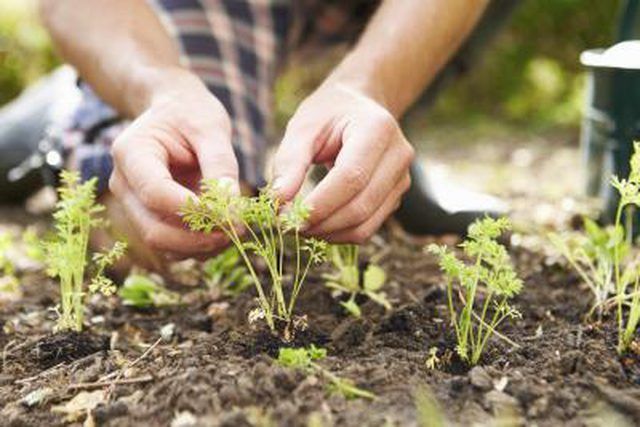Bulbs
Flower Basics
Flower Beds & Specialty Gardens
Flower Garden
Garden Furniture
Garden Gnomes
Garden Seeds
Garden Sheds
Garden Statues
Garden Tools & Supplies
Gardening Basics
Green & Organic
Groundcovers & Vines
Growing Annuals
Growing Basil
Growing Beans
Growing Berries
Growing Blueberries
Growing Cactus
Growing Corn
Growing Cotton
Growing Edibles
Growing Flowers
Growing Garlic
Growing Grapes
Growing Grass
Growing Herbs
Growing Jasmine
Growing Mint
Growing Mushrooms
Orchids
Growing Peanuts
Growing Perennials
Growing Plants
Growing Rosemary
Growing Roses
Growing Strawberries
Growing Sunflowers
Growing Thyme
Growing Tomatoes
Growing Tulips
Growing Vegetables
Herb Basics
Herb Garden
Indoor Growing
Landscaping Basics
Landscaping Patios
Landscaping Plants
Landscaping Shrubs
Landscaping Trees
Landscaping Walks & Pathways
Lawn Basics
Lawn Maintenance
Lawn Mowers
Lawn Ornaments
Lawn Planting
Lawn Tools
Outdoor Growing
Overall Landscape Planning
Pests, Weeds & Problems
Plant Basics
Rock Garden
Rose Garden
Shrubs
Soil
Specialty Gardens
Trees
Vegetable Garden
Yard Maintenance
How Does pH Affect Plants?
How Does pH Affect Plants?. Soil pH measures soil acidity, which affects soil factors important for plant health such as bacteria populations, nutrient availability, toxin levels and soil structure. Soil pH is measured on a 14-point scale from 1.0, or extremely acidic, to 14.0, or extremely alkaline. A pH of 7 is the neutral point where soil is...

Soil pH measures soil acidity, which affects soil factors important for plant health such as bacteria populations, nutrient availability, toxin levels and soil structure. Soil pH is measured on a 14-point scale from 1.0, or extremely acidic, to 14.0, or extremely alkaline. A pH of 7 is the neutral point where soil is neither acidic nor alkaline. Most garden plants prefer pH between 5.5 and 7.0. Soil pH much outside this range adversely affects plants.
Nutrients Affected
Strongly acidic soil reduces the availability of nitrogen, phosphorous, potassium, sulfur, calcium and magnesium. Strongly alkaline soil reduces available iron, manganese, boron, copper and zinc. Soil pH also affects the health of soil bacteria that break down organic matter into nutrients that plant roots can absorb. These organisms thrive in soil pH of 6 to 8. They go dormant or die off when pH falls below 6 or rises above 8.
Measuring pH
Inexpensive pH testing kits are available at home, hardware and nursery centers. A typical kitís instructions tell you to collect a soil sample from the bottom of a 4- to 6-inch-deep hole in your garden. Mix a dried-out measured soil sample with the kitís premeasured testing reagent and distilled water in the kitís testing vial. Shake well, allow the soil to settle and read the pH level by comparing the waterís color to the kitís indicator chart.
Sour Soil
When soil pH tests as too low for the plants you are growing, the soil is said to be acidic or "sour." An amendment such as ground limestone must be spread out evenly and worked into the soil to neutralize the excess acidity. For instance, raising the pH level by one point requires spreading 4.5 pounds of ground limestone per 100 square feet in loam soil. Apply lime in the fall or late winter.
Sweet Soil
Soil is said to be "sweet" when its pH tests as too alkaline. An acidifying amendment such as ground elemental sulfur or aluminum sulfate should be worked into the soil in the fall to counteract the excess alkalinity. For example, lowering the pH level by one point will take 2 pounds of elemental sulfur or 12 pounds of aluminum sulfate per 100 square feet in loam soil, But too much elemental sulfur at once can burn plant roots, so apply a first application of 1 pound of sulfur per 100 square feet. Wait eight weeks and apply a second sulfur application at rate of the 1 pound per 100 square feet.